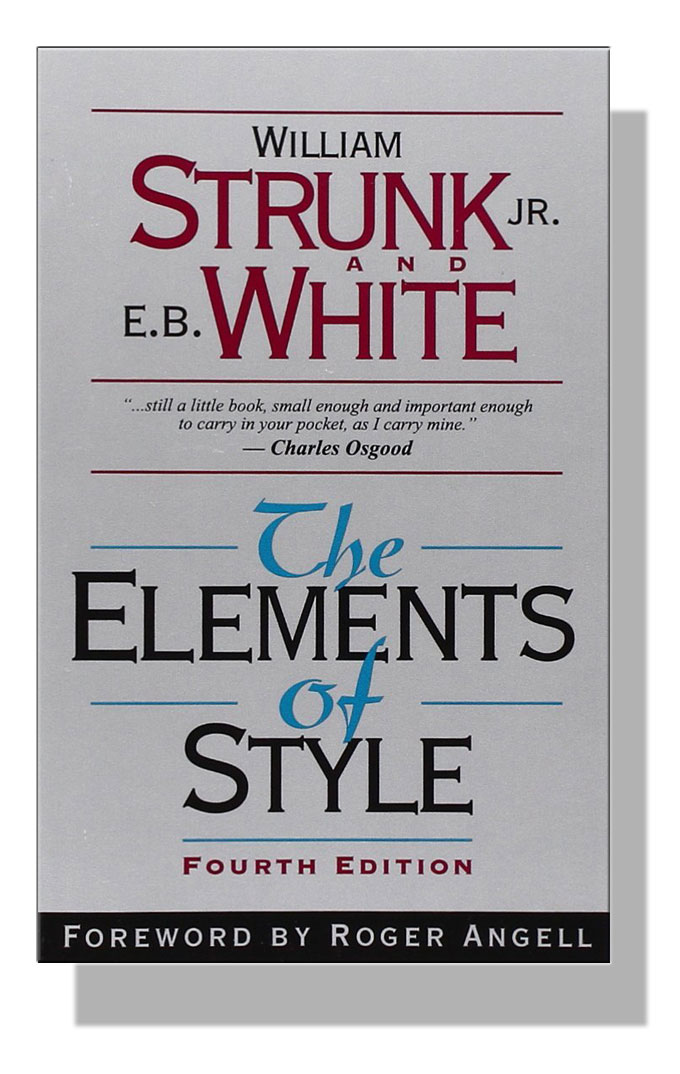Remember, you’re encouraged to submit your writing to SteinbeckNow.com. We’ve published 200 blog posts since launching last year, and we’d like to share what we’ve learned from the experience. The following tips on how to write a blog post John Steinbeck might enjoy show why elements of style still matter, why revising is essential, and why learning to be your own editor makes it likelier your blog post will be published.
- Read Strunk and White’s The Elements of Style, a classic guide on how to write well about anything. It’s short, sweet, and crystal clear.
- Remember that a blog post isn’t an academic article. Be concise, concrete, and compelling. Blog post readers are turned off by long sentences, unnecessary words, and other bad habits that can be overcome by following The Elements of Style.
- Choose four or five keywords relevant to your blog post subject and use them frequently in your text. If you’re writing about John Steinbeck’s connection to something in the past, for example, find keywords that people search for about the era or event. Make sure every paragraph you write contains all of your keywords.
- Read your first draft aloud to a friend for feedback. (John Steinbeck did, though he didn’t always take advice.) Reading aloud will prevent grammatical mistakes, incomprehensibility, and inconsistency, the most common reasons a blog post is rejected.
- Revise before you submit. Make sure words are spelled right, sentences are complete and punctuated, and paragraphs flow logically from your lead. Make sure you have a lead—an opening sentence that identifies your subject, states your thesis, and communicates your purpose. (It’s spelled lede in journalism school, but that’s just confusing.)
So what were the keywords used in this blog post? You guessed it: john steinbeck, elements of style, how to write, and blog post. Remember, John Steinbeck hated revising his work, but not as much as reading mistakes in print. If you’re asking yourself what he’d think of blogging you’re on to something. Write a blog post that answers the question. We’d like to publish it.



Having taught composition and creative writing for many years, at colleges throughout the Midwest and in Florida, I’ve learned we are all learning if we’re committed to clear communication as opposed to a chance to wave our private flag of self. The element we assume in this “process-journey” is that an editor will be equal to the task of assessing our work. Will, you are one stellar editor.
In my case, again and again, you took me to school!
Thank you. Roy Bentley is a prize-winning poet and fiction writer with a Steinbeckian gift for words and feeling. His recent poem “Walking Hills” was the 200th post published by SteinbeckNow.com.